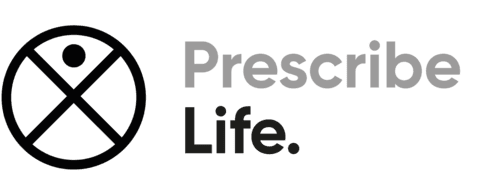Clearing the Fog: Understanding and Combating Brain Fog Through Enhanced Sleep.
Mar 22, 2024

Brain fog, characterised by moments of confusion, forgetfulness, and lack of focus, is a common yet elusive challenge many face in their daily lives. While several factors can contribute to brain fog, recent insights highlight the critical role of sleep - or the lack thereof - in its onset. Sleep deprivation not only takes a heavy toll on our physical health, increasing the risk of conditions such as hypertension, diabetes, obesity, heart attack, and stroke, but it also significantly impacts cognitive function, leading to reduced alertness and impaired decision-making.
The underlying mechanics of how sleep deprivation leads to cognitive decline have long puzzled scientists. However, breakthroughs in neuroscience are shedding light on this issue. Studies utilising electroencephalograms (EEGs) in humans and local field potentials (LFPs) in animals have discovered that during periods of sleep deprivation, the brain experiences regional 'sleep-like' slow and theta waves. These waves are closely linked with impaired behavioural performance during wakefulness, suggesting a deep-rooted brain activity alteration.
Delving deeper, recent research using intracranial electrodes in human neurosurgical patients has provided groundbreaking insights. During tasks requiring vigilance and quick responses, such as differentiating faces from non-faces, individuals who had undergone a full night of sleep deprivation showed significant changes in the medial temporal lobe (MTL), a brain area essential for memory and cognition. Just before moments of cognitive lapses, individual neurons in the MTL exhibited reduced, delayed, and prolonged activity. This 'neuronal lapse' was directly correlated with slower reaction times and an increase in slow/theta brain wave activity, underscoring the profound impact of sleep deprivation on cognitive function.
These findings underscore the intricate relationship between sleep and cognitive performance. Sleep deprivation disrupts the normal activity of neurons, leading to cognitive lapses that manifest as brain fog. This disruption in neuronal activity suggests that the brain enters a state similar to sleep, impairing our ability to think, react, and remember efficiently during wakefulness.
Combating brain fog, therefore, begins with addressing sleep deprivation. Ensuring adequate and quality sleep is not just vital for our physical health but is also essential for maintaining cognitive function and avoiding the pitfalls of brain fog. By prioritising sleep, we support our brain's health, enhancing our daily performance and overall wellbeing. Let's not underestimate the power of a good night's sleep in clearing the fog and sharpening our minds.
